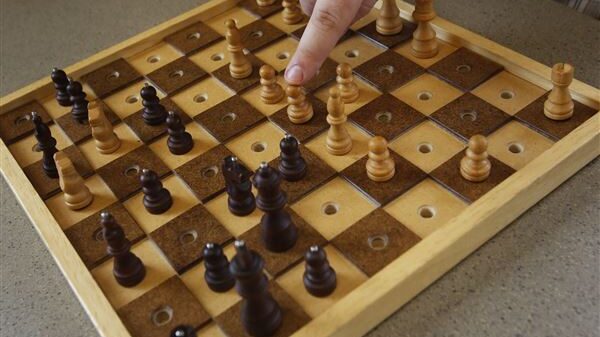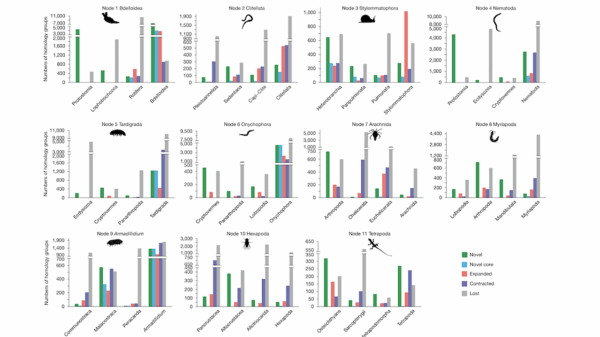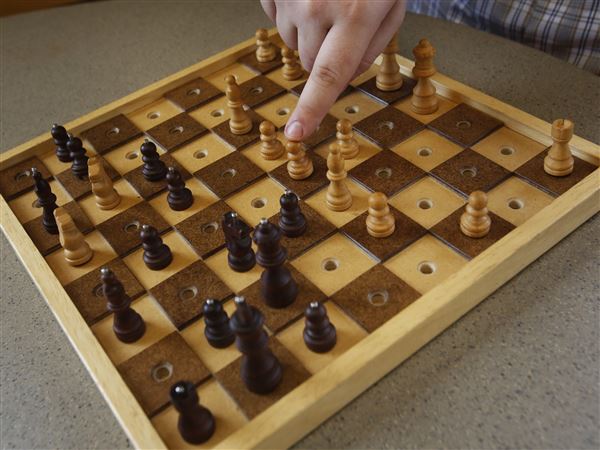Research indicates that engaging in cognitive activities, often referred to as “mind games,” can play a significant role in delaying the onset of dementia, a condition that affects millions globally. Experts emphasize that just as physical exercise is vital for bodily health, mental stimulation is crucial for maintaining cognitive function as one ages.
The phrase “move it or lose it” aptly captures the essence of this argument. Local experts stress that the brain requires regular challenges to preserve its capabilities. Activities such as puzzles, crosswords, and strategic games not only provide entertainment but also stimulate areas of the brain associated with memory and reasoning.
Importance of Cognitive Engagement
According to a study published in the Journal of Aging and Mental Health in March 2024, individuals who regularly engage in mental exercises exhibit slower cognitive decline compared to those who do not. The research, which analyzed data from over 10,000 participants aged 65 and older, found that those involved in cognitive activities were 30% less likely to develop dementia over a five-year period.
Furthermore, the study highlights that the benefits of cognitive engagement extend beyond simple memory retention. Participants reported improved problem-solving skills and better overall mental health. This connection between mental stimulation and cognitive longevity is increasingly recognized by healthcare professionals worldwide.
Practical Steps for Mental Stimulation
To harness these benefits, experts recommend incorporating a variety of mental challenges into daily routines. Simple activities such as reading, playing board games, or learning new skills can contribute to a more active mind. Additionally, social interactions that involve discussions and debates can further enhance cognitive engagement.
Local healthcare providers encourage the elderly population to participate in community programs that offer brain training workshops. These programs not only provide structured activities but also foster social connections, which are vital for emotional well-being.
In conclusion, as the global population ages, the push for mental health awareness becomes increasingly crucial. Engaging in “mind games” is not merely a pastime; it is a proactive approach to safeguarding brain health. By prioritizing cognitive activities, individuals can potentially stave off dementia and enjoy a richer quality of life in their later years.



































































